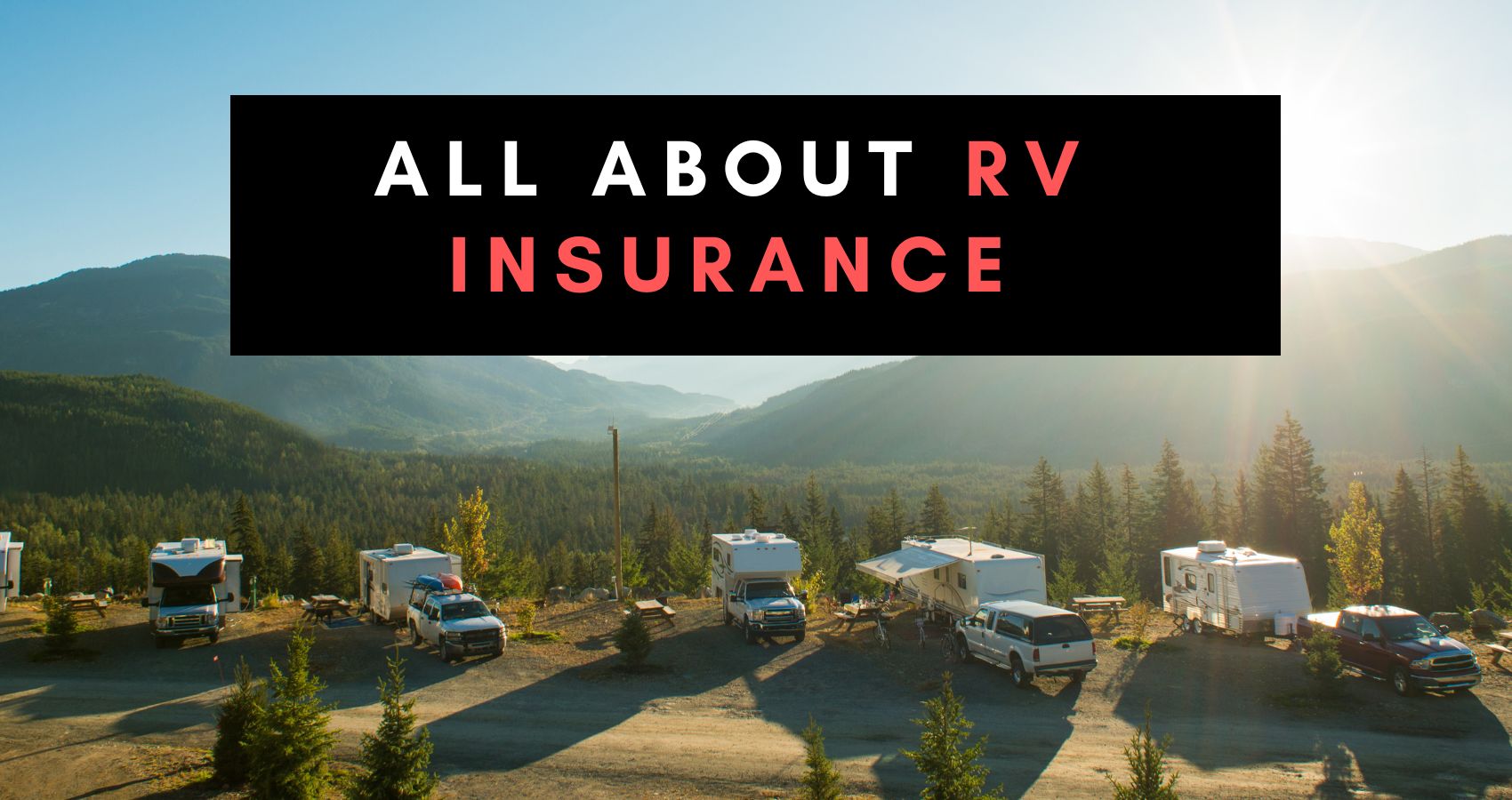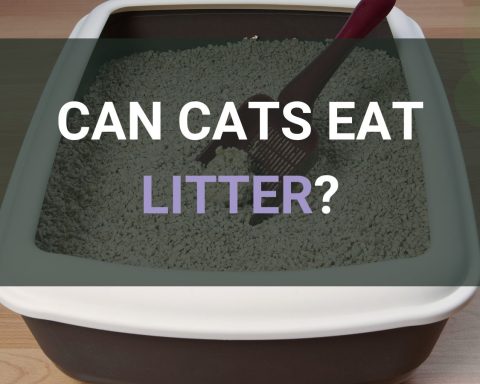Looking at high RV insurance premiums? There’s a good reason.
An RV is a lot longer and heavier than anything the average car driver has ever handled. That means a wider turn radius, a greater stopping time, a longer stopping distance, slower acceleration at an intersection. It takes training and practice to adjust to that length and weight.
Reduce RV Insurance Premiums With Good Driving Basics
Treat driving as a full-time job, recommends Ram Muessig, a retired professional driver and founder of the website RV Safety. He offers these safety tips to RV drivers:
- See and be seen – Ram advises, “look ahead about as far as you will travel in 12 to 15 seconds. At low speeds in city traffic, that could be only about one city block, but at highway speeds, it may be about a quarter of a mile…or more”
- Plan ahead for emergencies – Watch for anything that might require you to slow down or change lanes. “Know what’s going on behind and to the sides, as well. Check your mirrors regularly.”
- Communicate – Signal your intentions well in advance
- Adjust vehicle speed to road and weather conditions – Ram recommends that an RV driver slow by 1/3 on wet roads, by 1/2 on packed snow, and crawl on ice.
- Keep your distance from the car ahead – stopping time and distance is up to four times more for an RV. Never tailgate (good advice even in a car!)
- Don’t “over-drive” the headlights – Why drive at night, anyway? “We’re RVers, we’re not supposed to be in a hurry,” says Muessig.
Don’t forget such basics as adjusting the seat location, adjusting mirrors for proper view, and buckling up. The National Safety Belt Coalition reminds travelers that wearing a safety belt is the single most effective action to prevent serious injury and death in a traffic accident
Drive That RV Defensively for Lower Insurance Rates
Planning ahead for emergencies is an important skill in defensive driving. Basically, this involves trying to anticipate the worst thing another driver can do, and being prepared to respond appropriately, says Frank Gummersall, another professional driver. Frank recommends the following defensive techniques in his article, Driving an RV Safely (see below):
- Be “defensively offensive” – “You can’t be timid in today’s traffic.”
- “Telegraph your intentions” by signaling well in advance and moving into the proper lane
- Be in an appropriate position before any maneuver (lane change, pass)
- Move close to the curb before a right turn, to prevent car drivers from moving beside the RV
- Drive with the flow (if you can’t, your vehicle may be underpowered)
- Stay in the center lane for the greatest maneuverability
Why not take a defensive driving course? The skills learned in standard defensive driving training will transfer readily to driving an RV, and insurance companies often offer a defensive driving discount.
For a Lower RV Insurance Quote, Take RV Driver Training
National automobile associations offer RV driving courses in major centers. RV driver safety courses are designed to combine training in handling a motor home or tow vehicle with defensive driving techniques.
The Canadian Automobile Association’s RV Smart course introduction reads, “Be safe, knowledgeable and confident with [a] RV driver safety training course designed for today’s RV driver. Develop and strengthen your skills using your own RV or trailer, and increase your awareness of hazards facing you as an RV driver.”
The course offers
- Half-day instruction using the trainee’s own RV
- Individual training for the driver and one companion
- Topics such as towing, braking, parking, hazard awareness, and prevention
- Safety tips regarding propane, hitching, tires, and weight
The AMA will provide a premium reduction to drivers who take the course and also insure their rig with the AMA.
It’s important to have an RV unit insured not only against loss or damage but also against liability. Public liability insurance protects the owner in the event of an accident that causes damage to property, or an injury to a person.
RV insurance is a specialized field. RV insurance combines features of both car insurance and house insurance and is designed to meet the specific needs of RV owners. Most states and provinces require that any motor vehicle – which may include motor homes (Class A, B, and C), and truck campers – be properly registered and insured.
Towable travel trailers, pop-up tent trailers (folding trailers), hybrids, and truck campers may be treated differently but should still be insured to protect them against loss or damage and liability.
Basic RV Insurance Protection
An RV insurance package will provide for reimbursement to the owner in the event of loss or damage to a motor home, travel trailer, camper, fifth wheel, tent trailer, or hybrid.
- Loss and damage protection can be either against all perils (subject to some listed exclusions) or against a list of specified perils such as theft, wind or hail damage, vandalism, or fire.
- In the event of a total loss, the coverage may range from total replacement cost to a payment equal to the depreciated or fair-market value of the RV.
- If damage occurs that can be repaired, there will be a deductible amount that the owner has to pay regardless of the size of the insurance claim.
RV Insurance for Public Liability and Property Damage
Beyond loss or damage coverage, however, it is necessary for the RV owner to have financial liability protection in the event of an incident caused by or in connection with the RV or its operation that results in
- Damage to someone else’s property
- Injury to any person
While most people will think of liability in regards to a collision or RV crash, other events can cause injuries or damage for which the unit owner may be held liable. Public liability insurance can save the owner from having to pay a settlement out of pocket. Examples might include
- A visitor is injured by falling off a step (or tripping on the outdoor carpet, or walking into awning support, or…)
- Equipment blows from one campsite to another and damages someone’s rig
- The owner’s pet may cause injury to a person or damage to property
Some RV insurance will include Public Liability and Property Damage (PL&PD) coverage that comes into effect if the RV owner (or designated driver) causes an accident that results in damage or injury. This is typically a minimum of $2 million, and the premium will be higher for a higher amount or if the owner/driver has a poor driving record.
Camping Card International
According to the Australian Automobile Association, “The Camping Card International (CCI) is a useful and widely recognized document throughout Europe and Africa at camping and caravanning sites.”
The site goes on to explain the relevance of the CCI to RV Liability: “The CCI …covers third party insurance claims which may be made against a member for compensation for bodily injury to third parties, and/or damage to property resulting from any accident occurring while camping.”
RV Insurance Buyer Beware
Not all specialized RV insurance includes liability coverage, so it is important to see if this is part of the package or if it is necessary to purchase it as a separate product.
This article is intended for information only. The reader is urged to contact a qualified insurance broker or agent with experience in RV insurance.
Saving money on RV insurance is nice, but in the end what’s important is keeping the rig on the road and keeping the driver, passengers, and others on the highway safe from harm. Drive safely.








